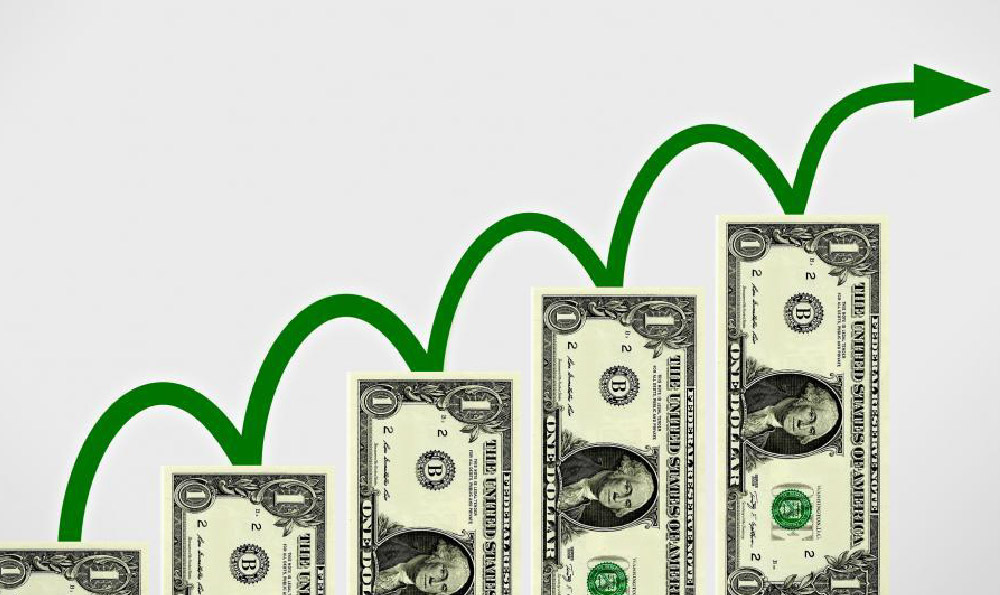The allure of the open road, the freedom to explore at your own pace, and the comfort of bringing your home with you – these are just some of the appeals of owning a motorhome. But when the dust settles from the initial excitement, a crucial question remains: Are motorhomes truly a worthwhile investment? The answer, like most financial endeavors, isn't a simple yes or no. It depends heavily on individual circumstances, usage patterns, and a clear understanding of the financial implications.
Let's dissect the economic side of motorhome ownership. The upfront cost is undoubtedly significant. New motorhomes can range from tens of thousands to hundreds of thousands of dollars, depending on size, features, and manufacturer. Even used models represent a substantial outlay. Financing is often necessary, which adds interest payments to the overall cost. Beyond the purchase price, ongoing expenses mount quickly. Insurance is essential, and premiums can be considerable, especially for larger and more expensive vehicles. Registration fees, property taxes (in some regions), and regular maintenance are unavoidable. Tires, oil changes, brake repairs, and other mechanical issues can crop up, potentially leading to unexpected and costly bills. Then there's the cost of storage if you don't have space at home. Many owners pay monthly fees to keep their motorhomes in secure storage facilities, adding another layer of expense.
Fuel is another major consideration. Motorhomes, particularly the larger Class A models, are notorious gas guzzlers. Expect to pay significantly more for fuel than you would for a standard car or SUV, especially on long trips. Campground fees also contribute to the overall cost. While boondocking (camping without hookups) can save money, most travelers will rely on campgrounds with electricity, water, and sewer hookups at some point. These sites often charge nightly fees, and prices can vary depending on location, amenities, and season.

Depreciation is a critical factor that often gets overlooked. Motorhomes, like cars, depreciate in value over time. The rate of depreciation can vary depending on the make, model, and condition of the vehicle, but it's generally a significant factor in the overall cost of ownership. Before buying, research the depreciation rates of different models to get a realistic understanding of how much value you might lose over time.
Now, let's shift the perspective and consider the potential benefits and ways to make motorhome ownership a sounder financial decision. One of the most significant advantages is the potential for travel savings. Instead of paying for flights, hotels, and restaurant meals, you can cover transportation, accommodation, and cooking costs with your motorhome. If you travel frequently and for extended periods, the savings can be substantial. Think about families who take long summer vacations or retirees who travel the country for several months each year. For them, a motorhome can be a cost-effective alternative to traditional travel.
Another benefit is the potential for rental income. If you're not using your motorhome full-time, you can rent it out to other travelers through online platforms like RVshare or Outdoorsy. This can help offset some of the ownership costs, such as insurance, storage, and maintenance. However, remember that renting out your motorhome also involves some risks and responsibilities. You'll need to screen renters carefully, ensure the vehicle is properly maintained, and handle insurance claims and repairs.
Beyond the purely financial considerations, there are also lifestyle benefits to consider. Motorhome ownership offers unparalleled freedom and flexibility. You can travel at your own pace, explore off-the-beaten-path destinations, and change your itinerary on a whim. You can also bring your pets along without worrying about finding pet-friendly hotels or boarding facilities. For many owners, these lifestyle benefits are worth the financial investment.
To make a motorhome a better investment, careful planning and responsible usage are key. Before buying, create a realistic budget that includes all the costs of ownership, not just the purchase price. Shop around for the best financing rates and insurance quotes. Consider buying a used motorhome to save money on the initial purchase price. Choose a model that fits your needs and lifestyle, rather than buying the biggest and most expensive vehicle you can afford.
Plan your trips carefully to minimize fuel costs and campground fees. Take advantage of free camping opportunities, such as boondocking on public lands or staying at campgrounds with discounted rates for seniors or veterans. Maintain your motorhome regularly to prevent costly repairs. Learn basic maintenance tasks, such as checking fluid levels, changing tires, and cleaning the exterior.
Finally, consider the long-term value of the experience. While a motorhome may depreciate in monetary value, the memories you create and the experiences you share with family and friends are priceless. For many owners, the joy of traveling and exploring in their motorhome far outweighs the financial costs.
In conclusion, determining whether a motorhome is a worthwhile investment requires a careful analysis of individual circumstances and a realistic understanding of the costs and benefits involved. While the upfront cost and ongoing expenses can be significant, the potential for travel savings, rental income, and lifestyle benefits can make motorhome ownership a rewarding experience. By planning carefully, managing expenses responsibly, and appreciating the intangible value of the experience, you can make a motorhome a sound financial decision. It's not just about the numbers; it's about the journey and the memories you create along the way.












